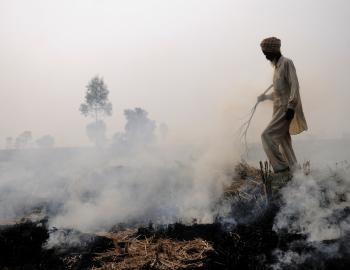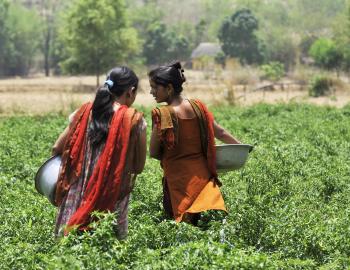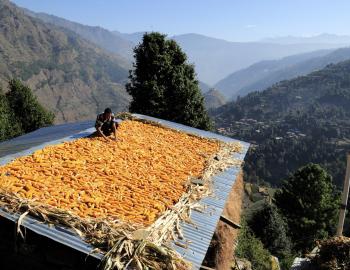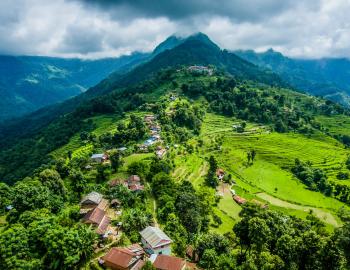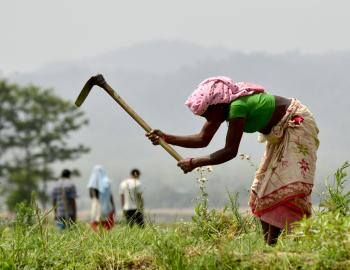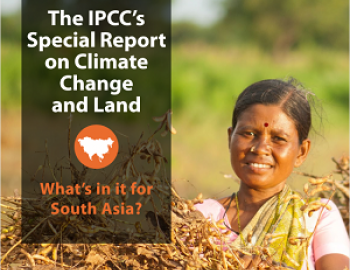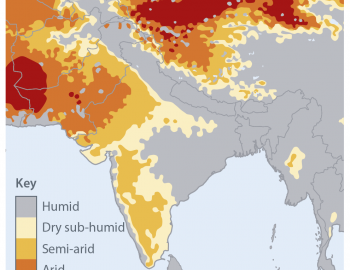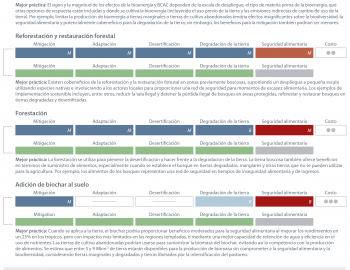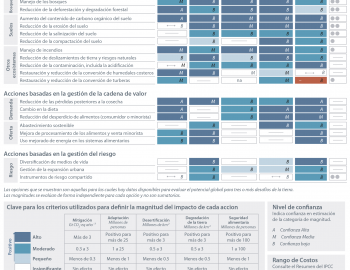The IPCC’s Land Report: What’s in it for South Asia
The IPCC’s Land Report: What’s in it for South Asia
What’s in it for South Asia presents key findings from the IPCC’s Special Report on Climate Change and Land (SRCCL) for South Asia. The report extracts South Asia-specific data, trends and analysis directly from SRCCL, summarising it in a short volume to make it accessible to all audiences, and highlights key opportunities to achieve adaptation, mitigation and development.
The report’s full name is Climate Change and Land, an IPCC special report on climate change, desertification, land degradation, sustainable land management, food security, and greenhouse gas fluxes in terrestrial ecosystems. It is one of three special reports that the IPCC is preparing during the current Sixth Assessment Report cycle.
The report was prepared by 107 experts from 52 countries (with a majority of authors from developing countries) and spans more than 1,500 pages. Now, the Climate and Development Knowledge Network has released a succinct guide to the Special Report for decision-makers in South Asia.
South Asia Land Toolkit
Alongside the What’s in it for South Asia report, CDKN presents a ‘Communications toolkit’, a bundle of resources freely available for training, educational and reporting purposes, to encourage understanding of the report worldwide.
The burning of rice residue after harvest to quickly prepare the land for wheat planting near Sangrur, South East Punjab, India
Courtesy of Neil Palmer/CIAT
Two female farmers in Nepal
Courtesy of Neil Palmer/CIAT
A farmer dries his crop in Himachal Pradesh, Nepal
Courtesy of Neil Palmer/CIAT
Village of Nalma, Himalayas
Courtesy of Mokhamad Edliadi/CIFOR
A farmer working in her fields in Beora, Nepal
Courtesy of Neil Palmer/CIAT
Presentation on the key findings of the IPCC's Special Report on Climate Change and Land: What's in it for South Asia
Geographical distribution of drylands in South Asia, delimited based on the aridity index (AI).
An infographic showing climate actions that increase competition for land, including bioenergy with carbon capture and storage, reforestation and forest restoration, afforestation and biochar addition to soil, and 'best practices' that can reduce the pressure.
An infographic showing the positive and potential negative impacts of actions that minimise pressure on land.

